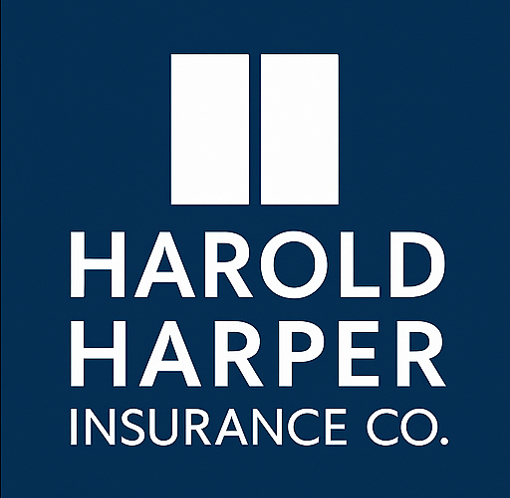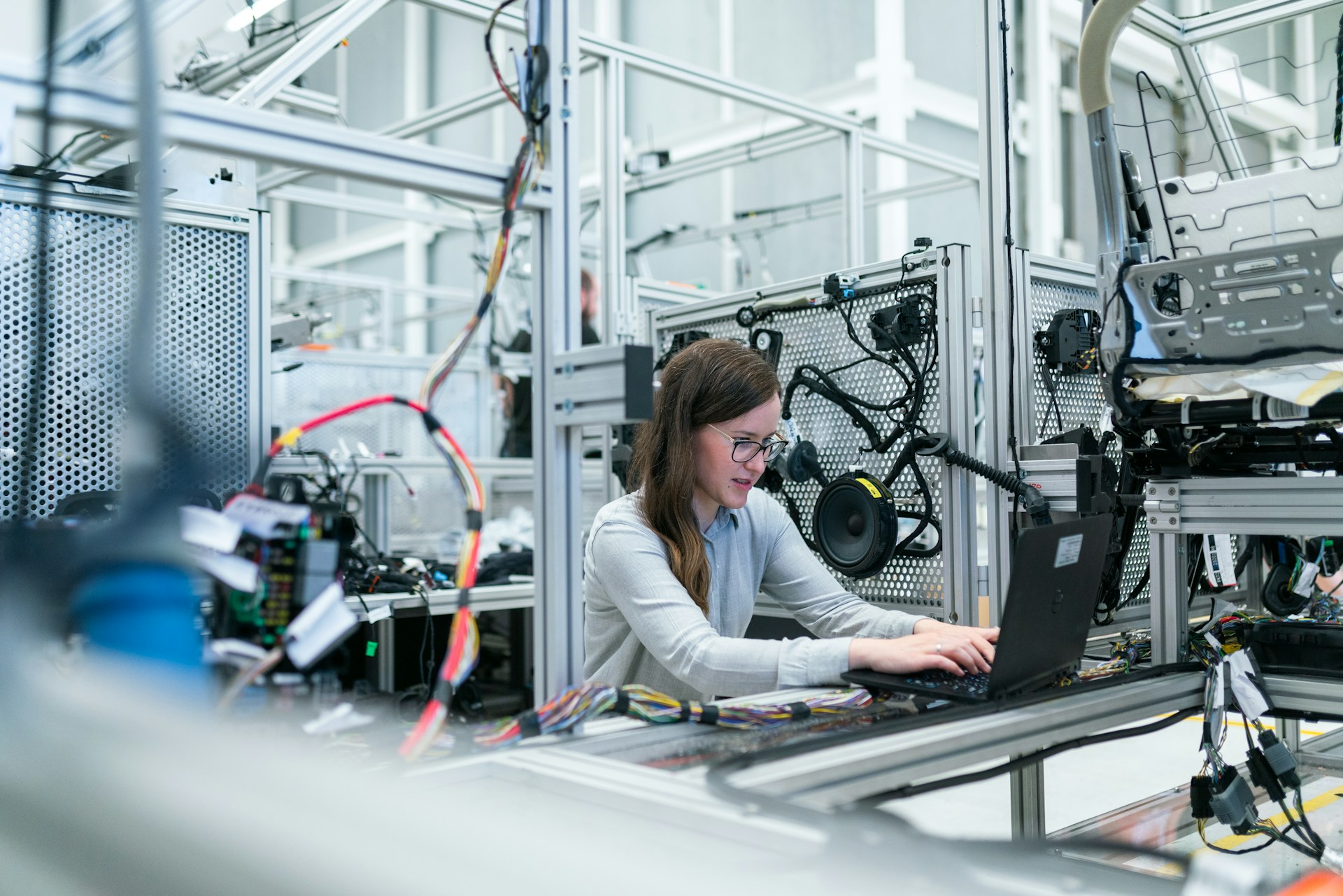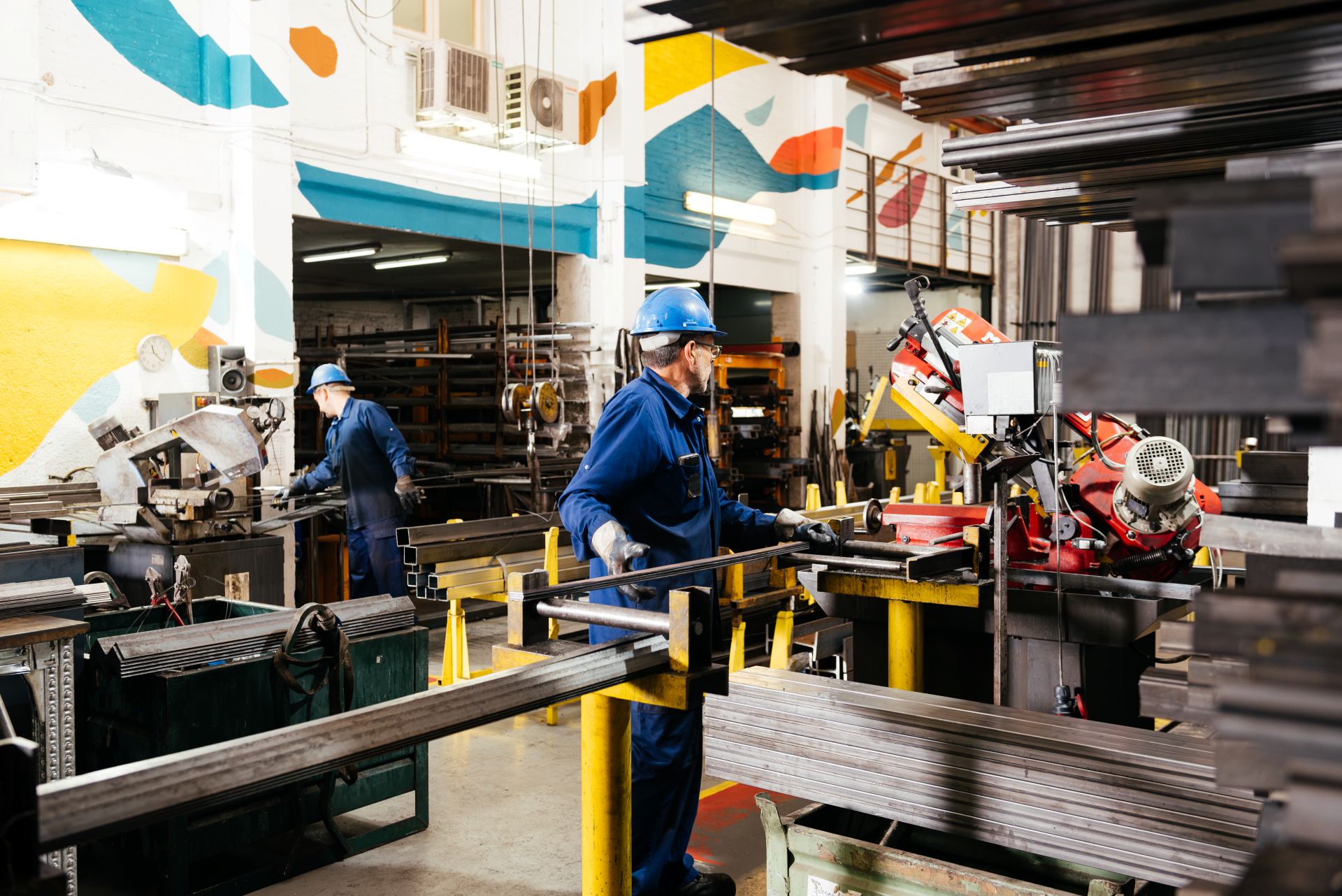The Evolving Manufacturing Industry: Solutions for Future-Proof Operations
New technologies, regulatory standards, and market dynamics create both risk and opportunity.
Emerging Risks in Manufacturing: Tailored Insurance Solutions for the Future
The manufacturing industry is undergoing rapid transformation, driven by new technologies, evolving regulatory standards, and ever-changing market dynamics. While these shifts present significant opportunities for growth and innovation, they also introduce new risks. This resource page explores the emerging challenges that manufacturers must navigate and highlights how tailored insurance solutions can mitigate these risks and future-proof operations in an increasingly competitive environment.
Cyber Liability Insurance: Protecting Your Manufacturing Business from Digital Threats
As the manufacturing sector becomes more digitally integrated, it faces growing exposure to cyber threats such as data breaches, ransomware, and intellectual property theft. With the increasing use of smart manufacturing technologies and connected devices, manufacturers are highly susceptible to cyberattacks targeting critical systems, operations, and sensitive business data. Cyber liability insurance provides crucial coverage for financial losses resulting from these incidents.
Key Insights:
- The Digital Transformation of Manufacturing: The rise of Industry 4.0—with its integration of IoT devices, cloud computing, and AI-driven manufacturing processes—has opened new vulnerabilities. These digital tools help manufacturers increase efficiency but also create opportunities for cybercriminals to attack.
- Coverage Beyond the Basics: Cyber liability insurance covers not just the costs of recovery, but also legal fees, regulatory fines, customer notification costs, and business interruption losses. It’s critical for manufacturers to protect their intellectual property, trade secrets, and customer data.
- Pinch: The cost of a cyberattack can be catastrophic. Beyond the immediate financial losses, manufacturers may face long-term reputational damage and regulatory scrutiny. A single cyberattack could expose customer data, halt production, and result in massive recovery costs, disrupting business for months. Without cyber liability coverage, manufacturers risk financial ruin and a damaged brand.
Supply Chain Disruption Insurance: Mitigating Risks from Global Supply Chain Dependencies
Manufacturers are increasingly dependent on global supply chains, which are vulnerable to disruptions from geopolitical instability, natural disasters, and logistical delays. These disruptions can severely impact production timelines, lead to increased costs, and result in missed market opportunities. Supply chain disruption insurance helps mitigate the financial losses associated with delays or failures in the supply chain, including vendor defaults, transportation delays, and material shortages.
Key Insights:
- Global Interdependence: In the modern manufacturing world, companies source raw materials, components, and finished products from all over the world. This interconnectedness increases exposure to external events like pandemics, trade wars, and shipping disruptions.
- Financial Protection During Disruptions: This insurance provides the funds needed to maintain operations when key materials or products are delayed. It also covers the costs of finding alternative suppliers, increased transportation fees, and inventory losses.
- Pinch: A supply chain breakdown, whether due to a natural disaster or a global shipping delay, can bring manufacturing operations to a halt. Without this coverage, companies are left vulnerable to massive financial losses from production shutdowns, leading to contract breaches and damage to client relationships.
Environmental Liability Insurance: Addressing Sustainability and Regulatory Risks
Manufacturers face increasing pressure to meet environmental regulations, reduce carbon emissions, and adopt sustainable practices. Whether it's managing waste disposal, dealing with toxic chemicals, or complying with climate change-related policies, manufacturers must address environmental risks that arise from their operations. Environmental liability insurance provides protection against the costs of pollution, contamination, and environmental damage caused by manufacturing processes.
Key Insights:
- Environmental Regulations Are Tightening: Governments and regulatory bodies worldwide are imposing stricter emission standards and waste management laws. As a result, manufacturers must ensure compliance with sustainability regulations or risk facing penalties and reputational damage.
- Sustainability and Risk Mitigation: This insurance helps cover cleanup costs, legal defense fees, third-party claims, and regulatory fines. It also helps manufacturers manage the financial consequences of environmental incidents like chemical spills or air pollution.
- Pinch: Non-compliance with environmental standards can lead to hefty fines and irreparable damage to a company’s public image. Manufacturers that fail to secure adequate environmental insurance may find themselves not only facing financial penalties but also long-term damage to their ability to operate in regulated markets.
Product Recall Insurance: Managing the Risk of Defective Products
Despite stringent quality control measures, the risk of a product defect that necessitates a recall remains a reality for manufacturers. Product recall insurance helps manufacturers cover the costs associated with recalling defective products, including public relations efforts, customer notifications, disposal, and product replacement costs.
Key Insights:
- High-Impact Sectors: Sectors like food and beverage, pharmaceuticals, and consumer electronics are especially vulnerable to product defects that could lead to costly recalls. Even with rigorous testing, product defects can surface after the product reaches the market, leading to significant risks.
- Coverage for Product Recall Costs: Product recall insurance covers not just the financial costs associated with removing products from the market but also the public relations costs required to manage the fallout and restore consumer confidence.
- Pinch: A product recall is not just about removal costs; it’s also about brand trust and consumer loyalty. Even a single recall can damage a company’s reputation, leading to lost revenue, legal liabilities, and long-lasting brand damage. Without product recall insurance, the financial burden could put the business at risk of closing its doors.
Conclusion: Future-Proofing Your Manufacturing Business with Comprehensive Risk Coverage
As the manufacturing industry continues to evolve, new risks are emerging that require innovative and adaptive insurance solutions. Whether it’s protecting against cyber threats, supply chain disruptions, environmental liabilities, or product defects, securing the right insurance is essential to managing these new challenges and ensuring the long-term success of your operations.
By partnering with experienced insurance brokers, manufacturers can stay ahead of the risks and future-proof their businesses. Tailored insurance solutions help companies navigate the ever-changing landscape, protecting assets, employees, and brand reputation in an increasingly competitive and regulated environment.
Photo by WORKSITE Ltd. on Unsplash


